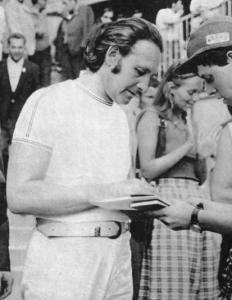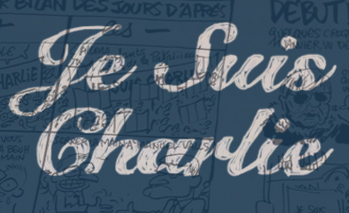By Benjamin Halligan, author of DESIRES FOR REALITY: Radicalism and Revolution in Western European Film
My book Desires for Reality: Radicalism and Revolution in Western European Film was first published in 2016, and Berghahn Books just published a paperback edition.
Since the book concerns militant and radical film and film-making and the events of 1968, I very much wanted it to be out before 2018. My intention was that the book could contribute to the discussions that marked the 50th anniversary of 1968, and indeed it did. The ideal, in thinking about 1968, would not be commemoration and nostalgia but an engagement with the ideas of 1968 and their relevancy and challenge to today – that the collective desire to change our realities still, of course, remains, and film-making can still be considered in this context.
While the book deals with many of the now commonly accepted “classics” of that period, it also attempts to recover some still obscure films. In fact, it’s the existence of this divide – between the canonical and the Curate’s Eggs – that was a point of investigation. And, after the book was first published, the reactions to the November 2018 deaths of two film directors who featured heavily in it – Nic Roeg at 90 and Bernardo Bertolucci at 77 – further illustrated this sense of a divide. Their ’68 films are Performance (which Roeg co-directed by Donald Cammell) and Partner respectively. Continue reading “Reverse Angle: Fifty Years of the Cinema of 1968”

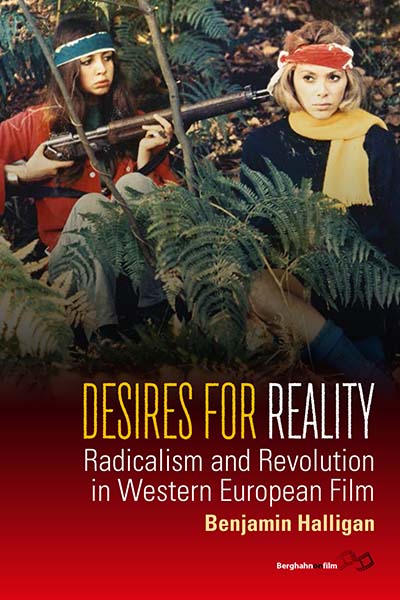
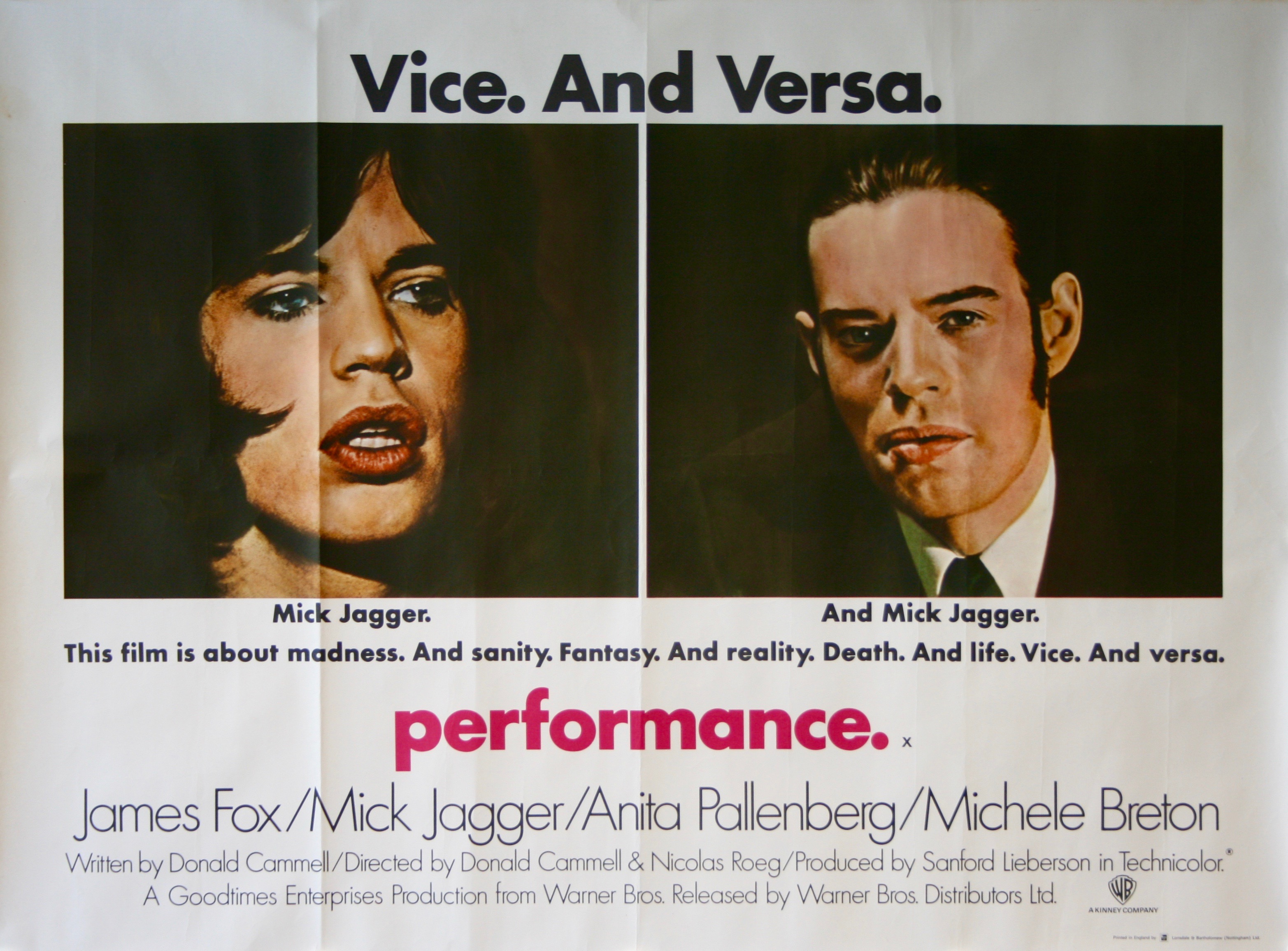
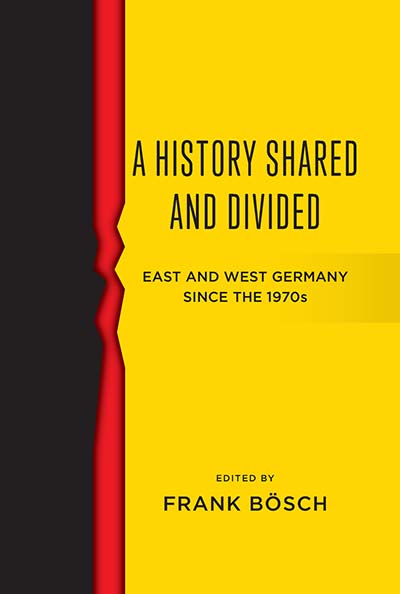





 On February 16th, the
On February 16th, the 